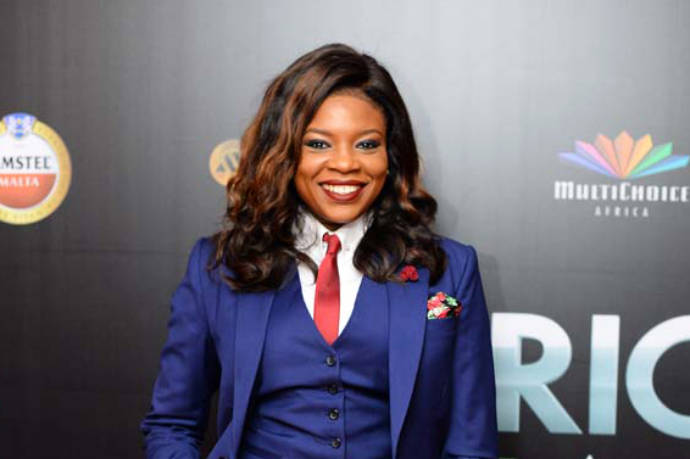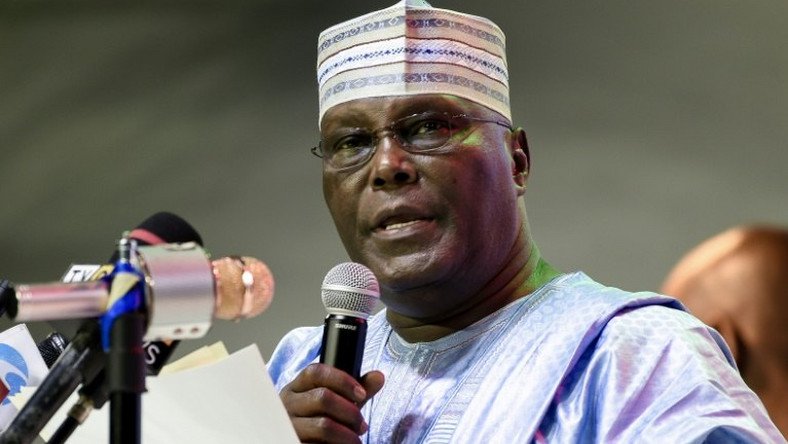Nollywood, Nigeria’s vibrant film industry, has witnessed a meteoric rise in recent years, producing countless box office hits that have captivated audiences worldwide. Among these successful filmmakers, a select few have achieved a remarkable feat: surpassing the N1 billion mark in box office revenue.
These filmmakers have not only entertained millions but have also played a crucial role in shaping the narrative of Nigerian cinema and elevating it to new heights.
1. Kunle Afolayan

Renowned for his meticulous attention to detail and commitment to quality storytelling, Kunle Afolayan has consistently delivered films that resonate with audiences both domestically and internationally. His blockbuster hits, such as “October 1,” “The CEO,” and “The Figurative Thread,” have showcased his ability to craft compelling narratives that blend historical fiction, social commentary, and commercial appeal. Afolayan’s films have not only achieved commercial success but have also garnered critical acclaim, solidifying his position as one of Nollywood’s most respected filmmakers.
2. Kemi Adetiba

Kemi Adetiba has emerged as a force to be reckoned with in the Nigerian film industry, known for her bold and innovative approach to storytelling. Her directorial debut, “The Wedding Party,” broke box office records in Nigeria and became a cultural phenomenon. The film’s success catapulted Adetiba to international recognition, and her subsequent works, including “King of Boys,” have further cemented her status as a leading filmmaker. Adetiba’s ability to blend genres, tackle social issues, and create visually stunning films has made her a sought-after director in Nollywood.
3. Niyi Akinmolayan

Niyi Akinmolayan has carved a niche for himself in the comedy genre, delivering films that are both hilarious and thought-provoking. His breakout hit, “The Wedding Party 2,” was a massive commercial success, further establishing him as a box office draw. Akinmolayan’s films often explore themes of love, family, and societal expectations, but he delivers them with a unique blend of humor and heart. His ability to connect with audiences on a personal level has made him one of Nollywood’s most popular filmmakers.
4. Kayode Kasum

Kayode Kasum’s films have consistently performed well at the box office, thanks to his ability to create engaging narratives that cater to a wide range of audiences. His works, such as “Sugar Rush,” “This Lady Called Life,” and “Far From Home,” have showcased his versatility as a filmmaker, tackling various genres from romance to drama. Kasum’s films often feature strong female leads and explore themes of empowerment and self-discovery, making them relevant to contemporary audiences.
5. Toyin Abraham

Toyin Abraham is not only a talented actress but also a successful filmmaker and producer. Her films, such as “Aiyetoro,” “The Ghost and the Tout,” and “Elevator,” have been box office hits, showcasing her ability to create entertaining and commercially successful projects. Abraham’s films often reflect Nigerian culture and explore themes of love, family, and societal issues. Her success has helped to elevate the status of female filmmakers in Nollywood and has paved the way for others to follow in her footsteps.
6. Moses Babatope

Moses Babatope has made a significant impact on the Nigerian film industry with his critically acclaimed and commercially successful films. His works, such as “Love is War,” “The Ghost and the Tout,” and “The Wedding Party,” have showcased his ability to create compelling narratives that resonate with audiences of all ages. Babatope’s films often explore themes of love, betrayal, and redemption, delivering thought-provoking and entertaining experiences.
7. Tunde Apalowo

Tunde Apalowo is known for his ability to create visually stunning and emotionally resonant films. His works, such as “The Figurative Thread,” “October 1,” and “The CEO,” have been praised for their cinematography, acting, and storytelling. Apalowo’s films often explore themes of history, culture, and social justice, making them relevant and thought-provoking. His contributions to Nigerian cinema have helped to elevate the industry to new heights.
These filmmakers have played a pivotal role in the success of Nollywood, producing films that have captivated audiences both domestically and internationally. Their ability to create compelling narratives, showcase Nigerian culture, and deliver entertaining experiences has made them household names. As Nollywood continues to grow and evolve, it is clear that these filmmakers will remain at the forefront of the industry, shaping its future and inspiring a new generation of filmmakers.













